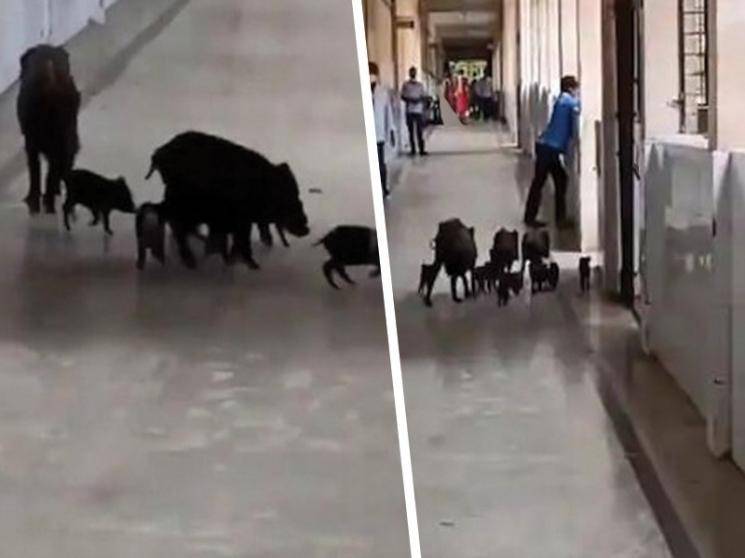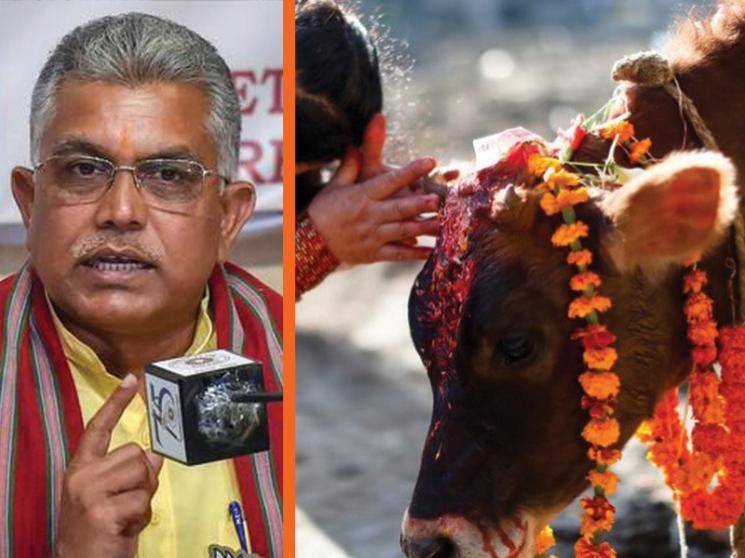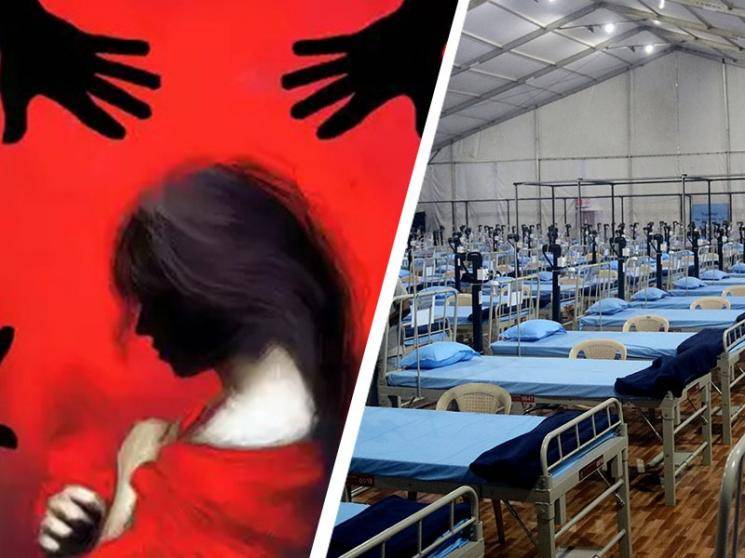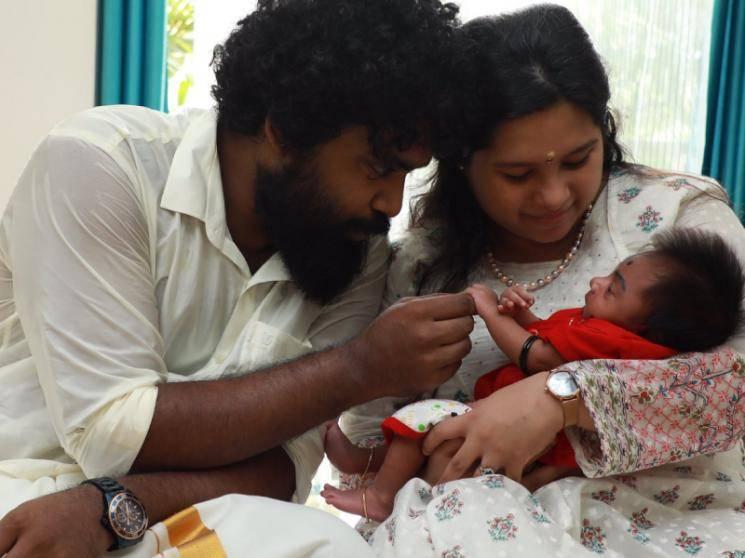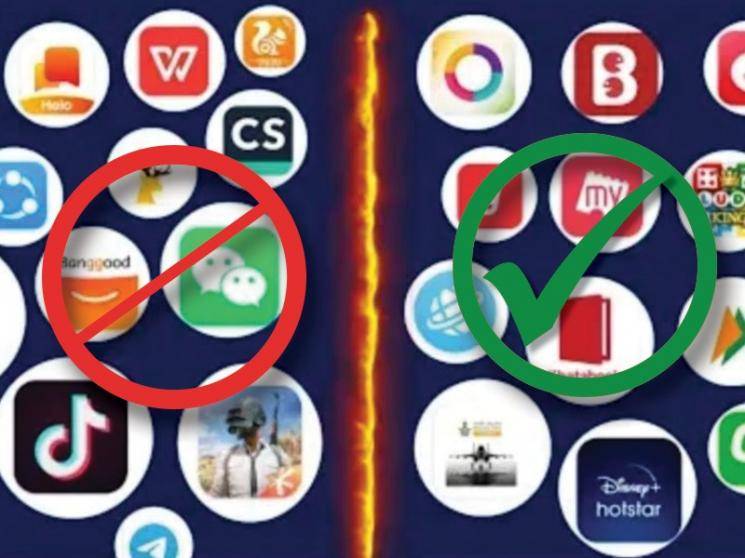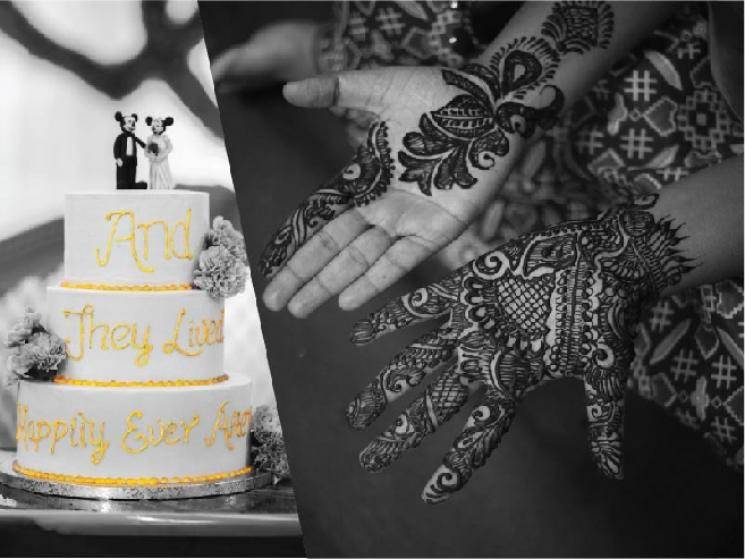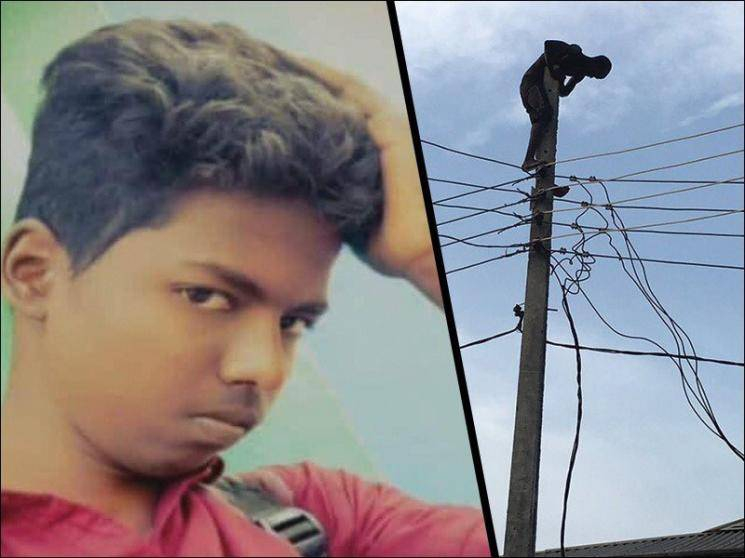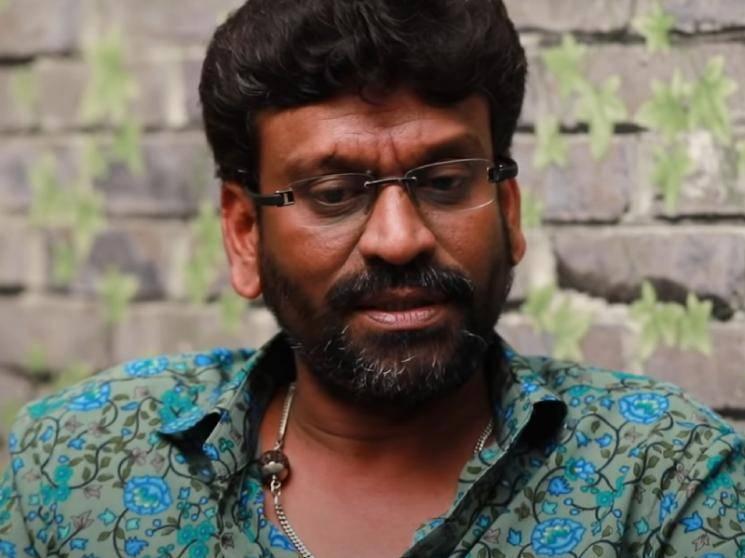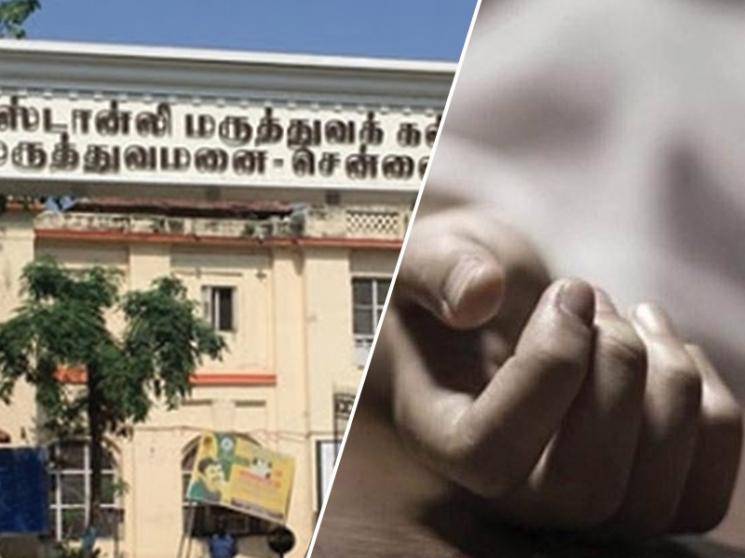"No deep kissing": Japan's bars get new coronavirus guidelines
By Vivek Raj | Galatta | Jul 20, 2020, 03:35 pm
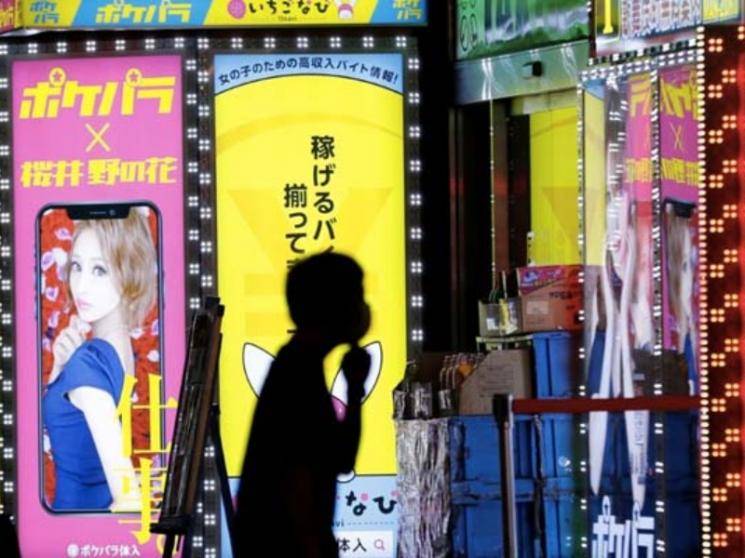
Japan's government has come up with a fresh set of guidelines to be adopted in the country's bars after campaigners for nightlife asked for new and realistic rules for hosts and hostesses to maintain safety in order to continue their businesses. The country's bars have recorded a sizable number of coronavirus cases of late and the government's latest decision comes as a measure to prevent the further spread of the disease.
Shinya Iwamuro, an urologist and public health advocate, has stressed on the need for practical rules for bar staff in the country to interact with their customers. He has been teaching them on the various control measures in Tokyo's Shinjuku district and other nightspots among which include the rule of no kissing, no sharing plates and conversations to be carried out at right angles in order to avoid droplet contamination. Speaking at a press conference, Iwamuro said, "As much as possible, kiss only with your partner, and avoid deep kissing,", which he has described as the "kiss etiquette".
A majority of the COVID-19 cases rising are people in their 20s and 30s and have been identified after strategic testing carried out in the nightlife districts of Tokyo. With the rise in the number of clusters, Tokyo's alert was raised to the highest "red" level on July 15 by the city's governor. As the city neared 300 cases per day last week, officials shut out people who were traveling to and from the capital after a multibillion campaign was launched in order to revive domestic tourism. Furthermore, reports state the government also plans at strengthening its special measures act that allows them in declaring a state of emergency.
Japan's Chief Cabinet Secretary Yoshihide Suga has stated there is a possibility of more spot checks being conducted on nightlife businesses in the days ahead. Having said that, concerns have been raised in regard to the government using nightlife as a scapegoat for failing to track and contain the spread of the disease.
Masayuki Saijo, Director of Virology at the National Institute of Infectious Diseases, has stated that it is not right to discriminate people based on their occupation and where they work. Issuing a statement, Saijo said, "There's no difference, working at night or working in the day,". He added, "The strategy to reduce human-to-human infection is the same."
Kaori Kohga, representative director of the Nightlife Business Association, said, the host and hostess scene lays out a type of safety net for many Japanese who are seeking work, especially for single mothers. She added saying more than a million people are employed in the industry. Addressing reporters, she told her group drafted its own safety rules for its members, including disinfecting karaoke microphones, as it found government recommendations, such as wearing masks and two-metre social distancing, to be impractical. Kohga said, "Nothing will change if you're only criticising us as the bad guys," while adding that the government has neither given any acknowledgement over their own rules nor has come up with any solutions for the businesses and workers struggling financially.

.jpg)






